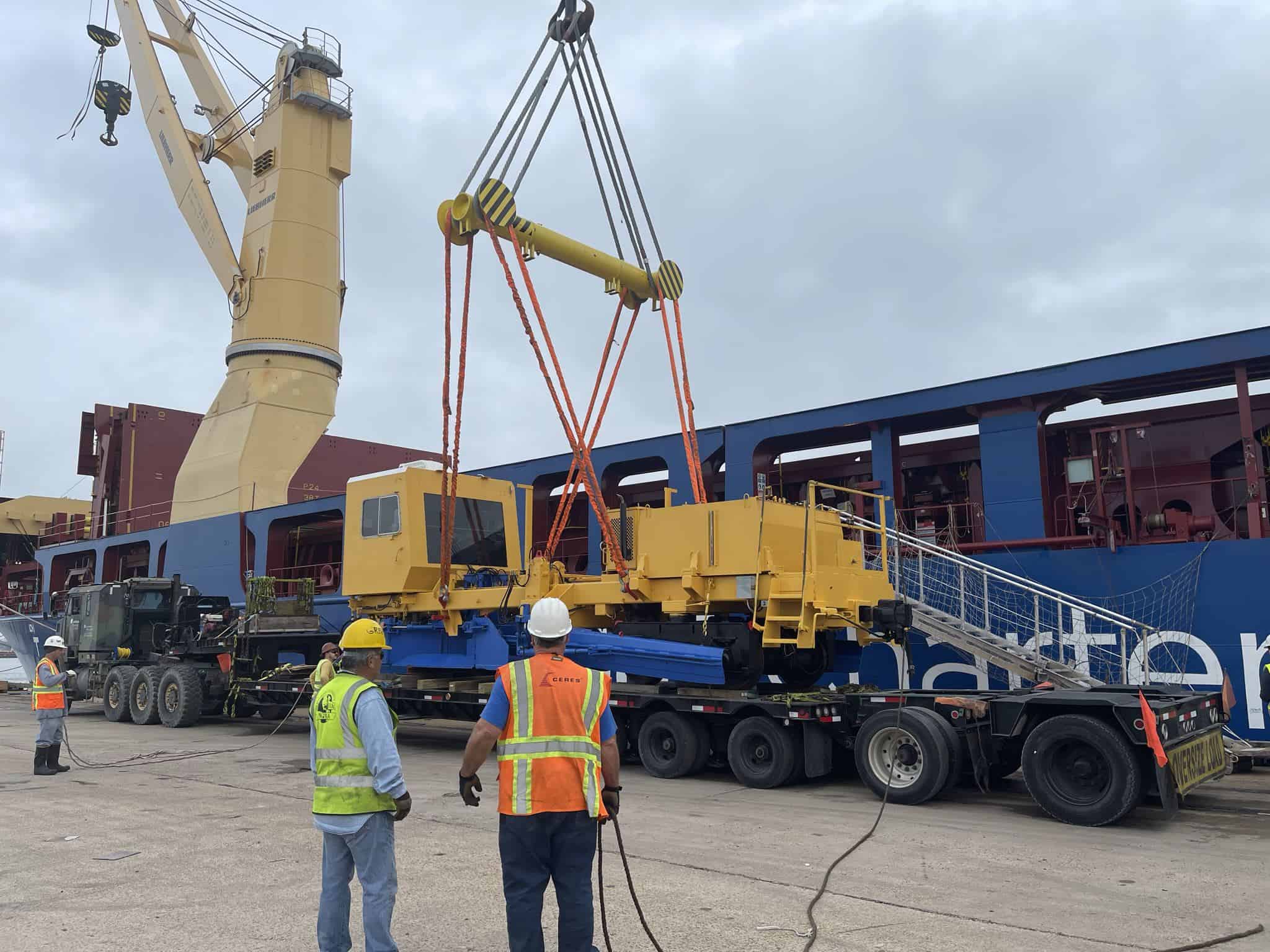The Human Element in Logistics
August 10, 2023

In today’s fast-paced and technologically driven world, the logistics industry is constantly evolving. With the rise of automation and digitalization, it’s easy to overlook the importance of the human element in logistics operations. However, businesses that recognize and empower their workforce stand a better chance of achieving success. In this blog – The Human Element in Logistics: we will explore the significance of the human element in logistics and discuss strategies to empower your workforce for optimal performance.
Understanding the Human Element in Logistics
1.1: The Role of Human Decision-Making
In logistics, humans play a crucial role in decision-making processes. While automated systems can streamline operations, it is the experience, intuition, and problem-solving abilities of human workers that allow for effective decision-making. Whether it’s route planning, inventory management, or dealing with unexpected challenges, human judgment is vital.
1.2: The Importance of Interpersonal Skills
Logistics operations involve numerous interactions between team members, customers, suppliers, and other stakeholders. Effective communication, collaboration, and interpersonal skills are necessary to maintain smooth operations, resolve conflicts, and build strong relationships. The human element brings empathy, adaptability, and negotiation skills, which are essential in the logistics industry.
Empowering Your Workforce for Success
2.1: Fostering a Positive Work Environment
Creating a positive work environment is essential for empowering your logistics workforce. Encourage open communication, provide opportunities for professional growth and development, recognize and reward achievements, and promote a healthy work-life balance. A supportive workplace culture enhances job satisfaction, boosts morale, and increases productivity.
2.2: Training and Skill Development
Investing in training programs and skill development initiatives is a key strategy to empower your logistics workforce. Provide comprehensive training on new technologies, industry trends, and best practices. Offer cross-training opportunities to broaden employees’ skill sets, enabling them to handle diverse tasks efficiently. Regular upskilling enhances employee confidence, job satisfaction, and overall performance.
2.3: Embracing Technological Advancements
While humans remain integral to logistics operations, embracing technology can amplify their capabilities. Implementing advanced logistics management systems, data analytics tools, and automation technologies can streamline processes, reduce errors, and improve efficiency. By leveraging technology, your workforce can focus on higher-level tasks that require human expertise, such as strategic decision-making and customer relationship management.
2.4: Encouraging Collaboration and Empowering Decision-Making
Empower your logistics workforce by fostering a collaborative environment. Encourage cross-functional collaboration, knowledge sharing, and teamwork. Provide opportunities for employees to contribute their ideas and opinions, empowering them to make decisions and take ownership of their work. When employees feel valued and empowered, they are more likely to go the extra mile and contribute to the overall success of the logistics operation.
To conclude – In the logistics industry, the human element remains invaluable despite the rapid advancements in technology. By understanding and harnessing the potential of your workforce, you can drive success in your logistics operations. Empowering your employees through a positive work environment, training and skill development, embracing technology, and encouraging collaboration will unlock their full potential, leading to increased productivity, customer satisfaction, and business growth. Remember, in the world of logistics, success ultimately hinges on the power of the human touch.
-By Arti Tawani